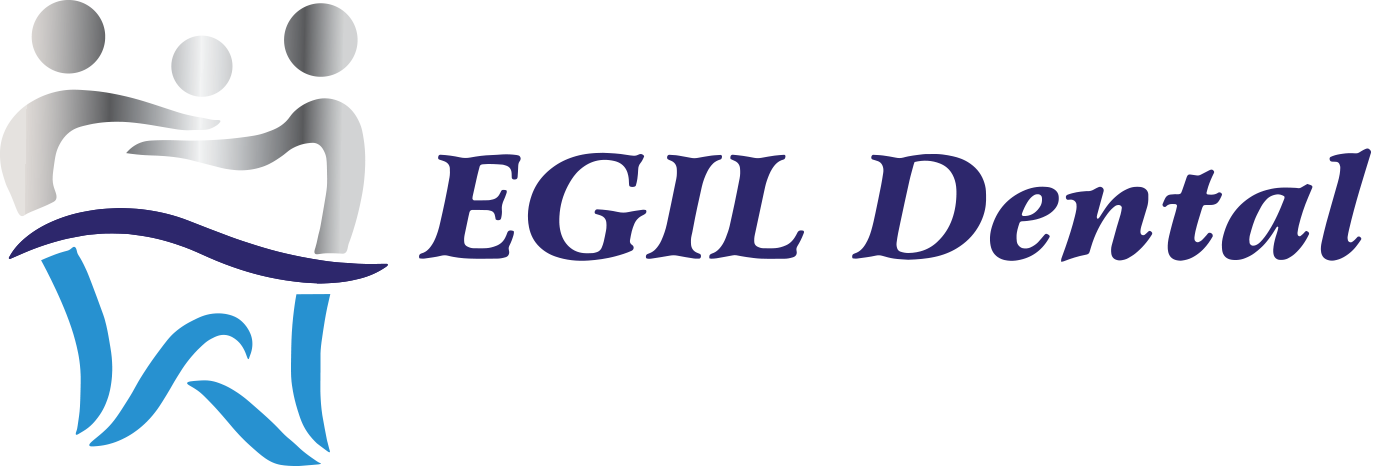When it comes to our overall well-being, dental health plays a crucial role. Ignoring dental pain can have serious consequences and may lead to severe dental emergencies. Understanding the signs of a dental emergency is essential in order to seek prompt treatment and avoid further complications. This article will explore why you shouldn’t ignore dental pain and highlight some important signs of a dental emergency.
The Importance of Dental Health
Oral health is an integral part of our overall health. Neglecting dental issues can result in pain, infection, and even tooth loss. Regular dental check-ups and practicing good oral hygiene at home are key to maintaining a healthy mouth.
Dental problems can arise for various reasons, including poor oral hygiene, trauma, genetic factors, and underlying medical conditions. However, identifying dental emergencies early on is crucial for preventing further damage and ensuring the best possible outcome.
Signs of a Dental Emergency
While dental pain and discomfort may not always indicate an emergency, certain signs should never be ignored. It’s important to be aware of these signs and seek immediate dental attention to prevent potentially serious consequences.
1. Severe Toothache
If you experience a sudden and intense toothache that persists for more than a day, it may indicate an underlying dental emergency. This type of pain can be caused by tooth decay, an abscess, or a dental injury. Ignoring a severe toothache can worsen the situation and lead to complications.
2. Swelling or Pus
Swelling in the gums or the face, along with the presence of pus, is a sign of a dental infection. This can be extremely painful and is often accompanied by a fever. Ignoring these symptoms may allow the infection to spread, potentially causing serious health issues.
3. Loose or Knocked-Out Tooth
If you have a loose tooth or if a tooth has been completely knocked out, it is vital to seek immediate dental care. A knocked-out tooth can often be saved if treated within an hour, so it’s crucial to act quickly. Applying gentle pressure to the area and keeping the tooth moist can help increase the chances of successful re-implantation.
4. Broken or Cracked Tooth
A broken or cracked tooth can occur due to trauma or from biting down on a hard object. While it may not always be painful, it should still be considered a dental emergency. Leaving a broken tooth untreated can lead to further damage or infection.
5. Excessive Bleeding
Experiencing excessive bleeding from the mouth can be an alarming sign of a dental emergency. This may result from an injury, gum disease, or a lack of proper blood clotting. Seeking immediate dental care is crucial to determine the cause and prevent further complications.
6. Dental Abscess
A dental abscess occurs when there is a collection of pus in or around the tooth. It can cause severe pain, swelling, and an unpleasant taste in the mouth. Ignoring a dental abscess can lead to the spread of infection and potential damage to surrounding tissues.
Conclusion
Ignoring dental pain is never a good idea. Failure to address dental emergencies promptly can result in serious complications, including the risk of tooth loss and further health issues. By recognizing the signs of a dental emergency, such as severe tooth pain, swelling or pus, loose or knocked-out teeth, broken or cracked teeth, excessive bleeding, and dental abscesses, you can take immediate action to seek professional dental care. Prioritizing your dental health and addressing emergencies promptly will ensure that you maintain a healthy smile for years to come.

